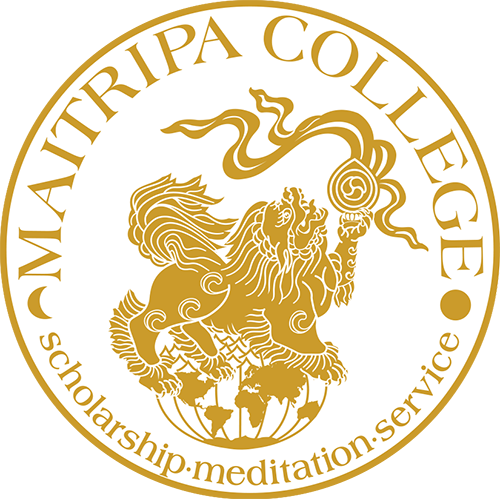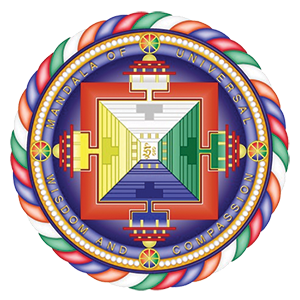(2 credits) This course is designed to give students the methodological and theoretical tools needed to think critically about ways to approach the academic study of Buddhism, tools that will be imperative in the preparation of a master’s thesis or deeper academic study. What are the goals of Buddhist Studies? What are the best methods for achieving those goals? What sorts of presuppositions and assumptions do we bring into our work and our orientation toward Buddhism? Do our presuppositions and assumptions serve our goals? How do political, religious, and/or ideological preferences impact our engagement with the object of study? What are the authoritative sources for the information we want and how do we determine that? How do we understand and interpret the “data”? What sorts of responsibilities do scholars have? What we study and how we study it are inextricably tied to questions of theory and method.
Those who see methodological discussions as needless academic meanderings do not somehow thereby free themselves of methodological biases. Everybody engages their object of study with a theoretical and methodological orientation. The goal of this course is to encourage students to do so consciously, to think about their own assumptions and the assumptions of the broader community of scholars who engage the Buddhist traditions.


